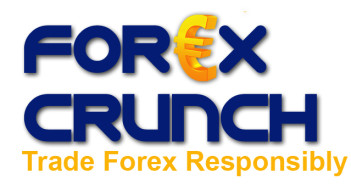Australia was the first country to raise the interest rates after the great rate cuts that followed the global crisis. Which country will follow?
Australian strength
The RBA, Australia’s central bank, was the first to raise the interest rates. Glenn Stevens surprised the markets increased the interest rate from 3% to 3.25%. Australia already had the highest rate in the West and now it’s even higher.
All the countries reduced the interest rates following the global crisis. They all wanted encounter the credit crunch, make money flow in the markets and stimulate the economies. When the economic activity stalled, there was no fear of inflation. Many countries reached the bottom, with rates touching 0%. Without the ability to lower rates, some countries began using “creative steps” such as quantitative easing, also known as bond buying schemes, or money printing.
Australia didn’t suffer from recession: at no point did Australia suffer from two consecutive quarters of contraction. Enjoying significant trade with China and having no bank problems, Australia did better than other countries. They also lowered the rates to a 49 year low, but at 3%, it remained the highest in the West.
Australia is now the first country in the West to raise the rates. Further hikes are possible. After this happened, the door is open for other countries to raise the rates.
Which country will be next?
New Zealand is my first bet. Australia’s neighbor also enjoys successful trade with China, and with Australia of course. Despite suffering from recession, like the vast majority of the world, New Zealand kept a rather high interest rate of 2.5%. New Zealand already shows signs of economic recovery.
Alan Bollard, the RBNZ governor, already hinted that the worst is behind us, and that future hikes are possible. After Glenn Stevens’ move, Bollard may push forward with a rate hike. New Zealand had a higher interest rate than Australia before the crisis.
My second bet is the US. This may sound surprising given the current dire job market in the US.
The motivation for raising the rates in the US will be the deteriorating status of the greenback. All the speculations about a new reserve currency for the world, or trading oil in currency different than the dollar is causing sleepless nights for American policymakers.
A strong dollar is essential for American foreign policy. A rate hike may prevent the dollar from falling, and show everybody that the US really wants a strong dollar.
The last countries to raise interest rates
Some countries will be very slow to make such a move. The Bank of Canada declared that a rate hike isn’t due in the near future. Japan is suffering from a strong currency that hurts its export-oriented economy. It traditionally has low interest rates. Britain is lagging behind in recovery. Inflation is no threat. It will also lag behind on rate hikes.
Further reading: Previous thoughts about a rate hike in the US.
